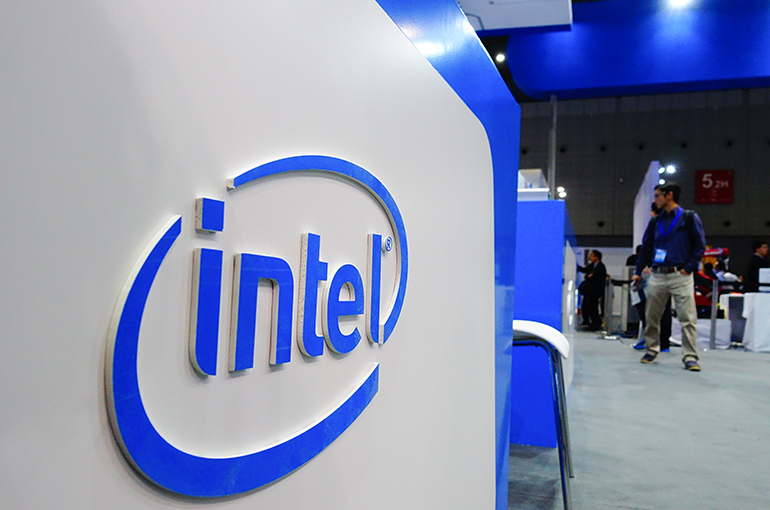 Intel China's Chairwoman Wang Rui to Retire This Month
Intel China's Chairwoman Wang Rui to Retire This Month(Yicai) Sept. 17 -- Wang Rui, chairwoman of Intel in China, will retire this month after working at the US chip supplier for 31 years.
Wang Rui will retire, and Wang Zhicong, who was promoted to Intel China's vice chairman earlier this year, will take over her position, the Chinese branch of the California-based company announced on its official WeChat account yesterday.
This leadership change was a planned management transition, Intel noted, adding that Wang Rui and Wang Zhicong have been collaborating closely to ensure a smooth transition.
Wang Rui joined Intel in 1994 and held a series of key leadership positions until she became chair of Intel China in 2021. During her tenure, she upgraded the organizational structure of Intel China, led several new initiatives, and promoted deep collaboration with Intel's global operations to enhance support for the Chinese market.
In an interview with Yicai in 2021, Wang Rui said that Intel was building a new mechanism to make the Chinese market demand an integral part of the company's global planning, instead of just selling US technology in China.
Intel China's revenue rose 4.6 percent to USD15.5 billion last year, accounting for 29 percent of Intel's total revenue and surpassing the United States to become the company's largest global market, according to Intel's latest annual earnings report.
Wang Zhicong has nearly 30 years of experience at Intel. He was appointed vice chairman of Intel China in February, responsible for business operations. Before that, he served as Intel's vice president of marketing and general manager for China.
Intel has actively participated in the digital transformation of China's industry since entering the market 40 years ago, and will continue to focus on local demand, seize new opportunities with customers and partners, and help China's digital, intelligent, and green development, Wang Zhicong said.
Wang Zhicong is expected to face many challenges during his tenure as chairman of Intel China. In recent years, with the rise of competitors such as Nvidia and Advanced Micro Devices, Intel has encountered bottlenecks and incurred losses.
In the second quarter of this year, Intel's net loss widened 81 percent to USD2.9 billion from a year earlier, marking the company's sixth consecutive quarterly loss. Revenue remained unchanged at USD12.9 billion in the period.
In response to pressures, Intel appointed Lip-Bu Tan as its new chief executive in March. He unveiled a series of reforms after taking office, including a plan to reduce Intel's global staff by 15 percent to 75,000 employees by the end of this year.
Editors: Dou Shicong, Futura Costaglione